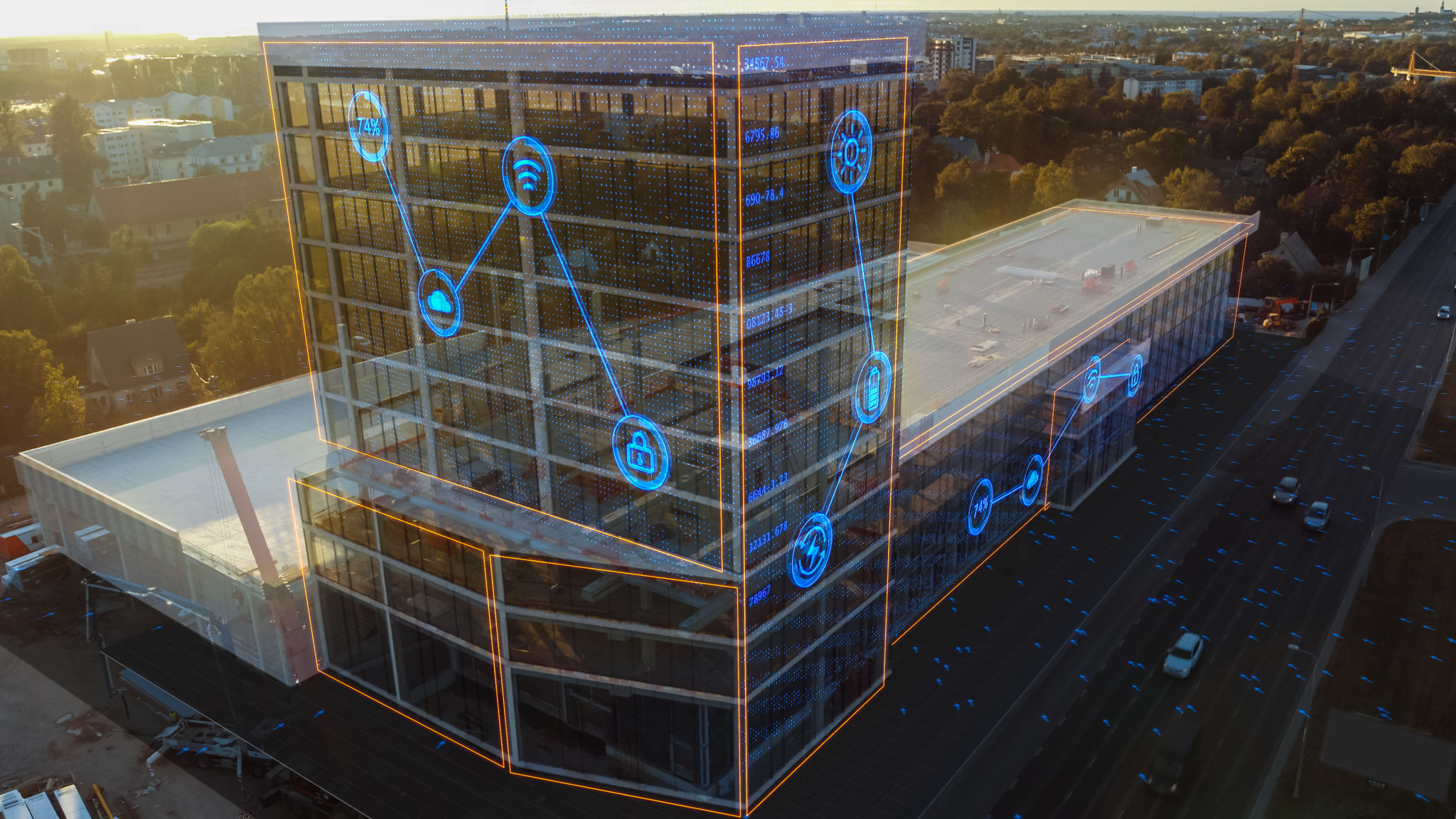How to Streamline Housing Operations for Maximum Efficiency
HF
Identifying Key Areas for Improvement
In the dynamic world of housing management, optimizing operations for efficiency is essential. Identifying key areas for improvement is the first step towards streamlining processes. Start by evaluating current workflows, identifying bottlenecks, and understanding areas where time or resources may be wasted. Technology can play a pivotal role in this assessment, providing data-driven insights into operational inefficiencies.
Once these areas are identified, prioritize them based on impact and feasibility. Focus on the changes that offer the most significant benefits with the least resistance. This strategic approach ensures that efforts are concentrated on initiatives that maximize efficiency and improve overall housing operations.

Leveraging Technology for Operational Excellence
Technology is a powerful tool in enhancing operational efficiency. Implementing property management software can automate routine tasks such as rent collection, maintenance requests, and tenant communications. These systems not only save time but also reduce human error, ensuring consistent and reliable service delivery.
Furthermore, integrating smart building technologies can lead to significant cost savings. For instance, smart thermostats and lighting systems can optimize energy usage, while predictive maintenance tools can anticipate equipment failures before they occur. Embracing these technologies not only streamlines operations but also enhances tenant satisfaction with improved service levels.

Streamlining Communication Channels
Effective communication is a cornerstone of efficient housing operations. Streamlining communication channels ensures that information flows seamlessly between property managers, tenants, and service providers. Digital platforms, such as tenant portals and mobile apps, can centralize communications, making it easier to disseminate important information quickly.
Consider implementing automated messaging systems for routine notifications and updates. This approach not only saves time but also ensures consistency in communications. By maintaining open and clear channels, stakeholders stay informed, reducing misunderstandings and enhancing overall operational efficiency.

Optimizing Maintenance Processes
Maintenance operations are a critical component of housing management that can benefit greatly from process optimization. Implementing a preventive maintenance schedule helps reduce emergency repairs and extends the lifespan of assets. Utilizing digital tools to track maintenance requests and manage schedules can further enhance efficiency.
Additionally, consider forming partnerships with reliable service providers. Establishing preferred vendor lists ensures quick response times and quality work, minimizing downtime and improving tenant satisfaction. By focusing on proactive maintenance strategies, housing operations can be streamlined for maximum efficiency.
Enhancing Tenant Experience
Ultimately, efficient housing operations contribute to an enhanced tenant experience. Providing exceptional service is crucial to tenant retention and satisfaction. Implement feedback systems to continuously gather tenant insights and address their needs effectively.
Incorporating amenities that cater to tenant preferences can also boost satisfaction. Whether it's offering high-speed internet or creating communal spaces, understanding tenant desires and adapting accordingly can set your property apart in a competitive market.

Continuous Improvement and Adaptation
The journey to streamlined housing operations is ongoing. Regularly review processes and seek feedback from both staff and tenants to identify new areas for improvement. Encourage a culture of continuous improvement where innovation is embraced, and changes are implemented proactively.
Stay informed about industry trends and emerging technologies that could further enhance efficiency. By remaining adaptable and open to change, housing operations can continuously evolve to meet the demands of a dynamic market.
